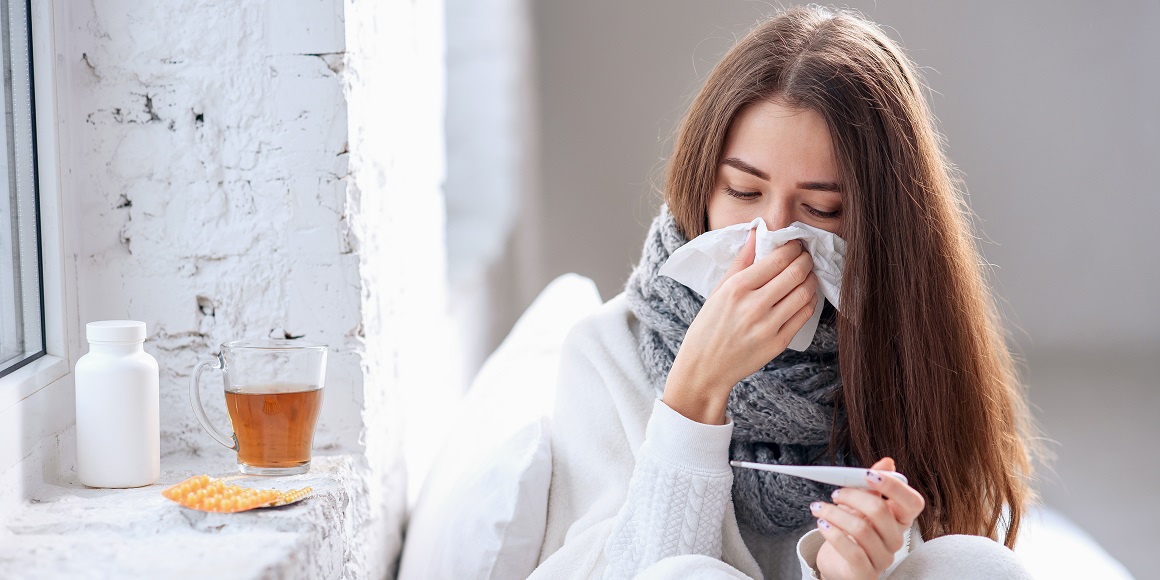
Especially in winter season, the indoor air ends up drier, prompting a more prominent condition for cold and influenza germs to circle through the air. This combined with closed windows and heating systems circulating dusty warm air, and you have the perfect condition for winter ailments to flourish.
Dry indoor air itself doesn’t make you ill. Specialists at Tianjin University in China discovered that students in dormitories with poor ventilation got more colds and became sick more easily. Moreover, analysts at Virginia Tech found that good ventilation, and in addition high indoor relative humidity, renders the influenza A virus inactive.
Dry air outside, as estimated by humidity, may likewise be connected to influenza. As indicated by The National Institutes of Health (NIH), dry winter air enables the influenza infection to survive and transmit itself. Also the NIH research found that the influenza virus coating ends up noticeably stronger at temperatures near freezing, making them more dynamic, stronger, and easier to transmit in the winter.
Here are a few ways to keep indoor air healthier:
- Open the windows from time to time. On hotter winter days, outside air can eliminate germs, flushing them from stuffy rooms.
- Remove poor indoor air quality at the source. Clean air conduits and supplant heater filters consistently to keep germs from re-circling all through your home throughout the entire season.
- Use air purifiers. The best air cleaners can help decrease cold and influenza infection, particularly in closed spaces. The effective air purifiers, like our Aeroguard 4S or Aeroguard Mini devices, can likewise securely remove 99,97% of airborne particles as little as 0,3 microns, including dust, ragweed and different allergens, infections, germs, dust mites, mold spores, pet dander and cigarette smoke – all factors that add to reduced lung capacity and cause anyone in a winterized home more vulnerable to airborne germs. You might need to consider certain air cleaners that are equipped with allergy and influenza settings to help amid influenza season and also during the spring allergy season.
It’s additionally imperative to realize that amid cold and influenza season babies are more susceptible to the airborne germs in your home. Indeed, infants inhale a normal of 30-60 times a minute – that is more than twice that of a grown-up. Looking at that, as an infant’s lungs are not yet completely formed during childbirth, and with their speedier breathing rate, respiratory sicknesses can account for the many medical issues among newborn children. The air purifiers kept in a nursery can help with diminishing airborne impurities around a babies and young people.
